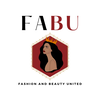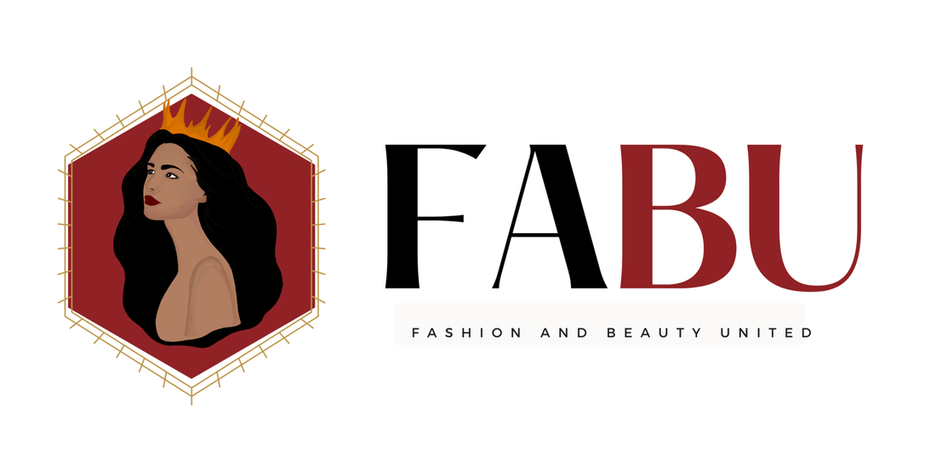|
So, what really is a feminist?
Written by Julianna Bonnett With so many different interpretations of feminism, it can be difficult to understand what it means to be a feminist. To some, this term resembles images of political, social, and economic equality for men and women. To others, this term resembles man-hating women who are planning to steal all power from men. While most women would argue that feminism begins and ends with the textbook definition of it, which is the belief for political and economic rights for both men and women, modern feminists argue that the movement has changed from what it was initially meant to be used for. A common critique that we hear about the F word is that “we’ve gone too far.” Some people say feminism has created a gender ideology but are we all just looking at it wrong? Has the media brainwashed us into believing it’s something that it is not? So, what is the history behind feminism? The first wave of feminism happened in the late 19th century and early 20th centuries. First-wave feminists were known as suffragettes; they campaigned for women’s right to vote and women’s right to work. The second wave of feminism came in the 1960s and 1970s. Their focus was on fighting for equal pay and the right to live free from physical and sexual violence and reproductive rights. The third wave of feminism started during the 1990s and has continued today. This is a more inclusive form of feminism that considers race, ethnicity, and sexual identity. It recognizes that every woman’s experiences are different but continues to fight for the same rights and principles as the second wave. But if I had a nickel for every time, I hear someone say, “I’m not a feminist,” I would be rich. As a proud feminist, I can say this; I don’t hate men, I don’t want to take their power away from them, I don’t want anything like that. The simple textbook definition of this issue is that all we want is equality, and I don’t think that is much to ask for. That being said, I understand why some don’t want to identify themselves as a feminist. Sadly, the feminist movement has had a history of excluding women of colour and marginalizing their struggles. Still, the mainstream feminist movement has done a lot to include many females of different colour, race, religion, and sexuality. The bottom line is, everyone has a right to identify as they please, and everyone deserves equality. If you believe that, maybe you are a feminist after all. Check out the 2nd part of this story next week when we look at feminism told from the point of view from our male guest writer.
0 Comments
Leave a Reply. |
CategoriesCategoriesAuthorJulianna Bonnett Archives
December 2023
Categories |
Search by typing & pressing enter



 RSS Feed
RSS Feed